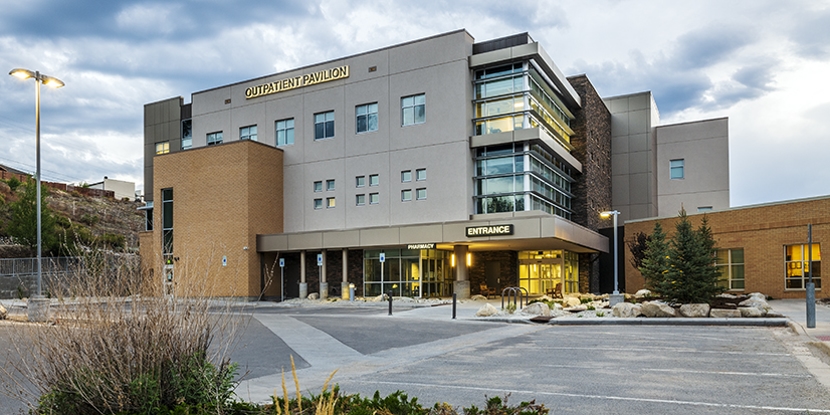Speech Therapy
Techniques for managing speech disorders
Speech therapy helps individuals of all ages with speech, voice, language, cognitive function, and swallowing disorders.
Speech pathologists are the professionals who diagnose and treat these disorders. These conditions make it difficult for people to express themselves, understand spoken or written word, or to swallow safely. These disorders can drastically affect communication skills, quality of life, school performance and social development.
Treatments we offer include:
Cognitive retraining
Changes to the brain which affect cognition often occur following conditions
such as stroke or head injury. We will evaluate your needs and tailor
a functional and individualized plan to improve your thinking, problem
solving, attention and memory.
Aphasia therapy
Aphasia is the loss of ability to understand or express speech. Patients
with aphasia would benefit from therapy to help with language comprehension,
verbal expression, speech production, and pragmatic skills such as staying
on topic or social appropriateness.
Articulation and phonology treatment
Is your child or loved one difficulty to understand? Let us help!
Stuttering treatment
This treatment helps improve fluency and modify stuttering production for
enhanced communication skills.
Voice disorder treatment
Treatment is also available for those who have lost their ability to produce
vocal sound due to conditions such as laryngeal cancer, vocal nodules,
neuromuscular disease, gastroesophageal reflux disorder or laryngitis.
Vocal hygiene and proper respiratory patterns are important for a healthy
voice. Let us help you regain or maintain your voice.
Dysphagia/swallowing disorder therapy
This assists patients who have difficulty swallowing, which is usually
a symptom of an underlying disease. These disorders can cause discomfort,
dehydration, malnutrition, aspiration pneumonia, and in some cases are
life-threatening. Swallowing is a complicated process. We can conduct
diagnostic testing, via a modified barium swallow study, to detect which
phase of the swallow is affected and provide safe strategies and diet
recommendations to reduce your risks of aspiration.
Fiberoptic Endoscopic Evaluation of Swallowing (FEES) Testing
For patients experiencing various types of dysphagia (difficulty swallowing), a FEES test may be recommended. FEES is performed by a Speech Language Pathologist (SLP) during which a small, flexible tube (commonly referred to as a laryngoscope or endoscope) with a tiny camera and light attached to the end is inserted into your nose and passed through to visualize your throat (pharynx). The camera will observe the muscles in your throat and voice box (larynx) before, during, and after your swallow. The test includes swallowing various amounts, textures and sizes of fluids and foods to evaluate swallowing function, and to help identify any issues you may be experiencing. SLPs may also trial different swallowing strategies to maximize the efficiency and safety of your swallow. You will be fully awake for this outpatient procedure and can review the imaging with your SLP. Please note a physician referral is required for a FEES test.
Augmentative and Alternative Communication (AAC)
Everyone has the right and desire to communicate with the world around
them. AAC helps people to be able to effectively use low tech or high
tech devices to communicate. We can evaluate you for the proper speech
generating device and help procure the most appropriate device as needed.
Adults and children alike need to be able to access communication and
engage with family and friends. Our team can help support you from basic
vision boards to high tech eye gaze devices.
Speech therapy is available for inpatients and outpatients.
For more information, ask your physician or call HRRMC Rehabilitation Department.

